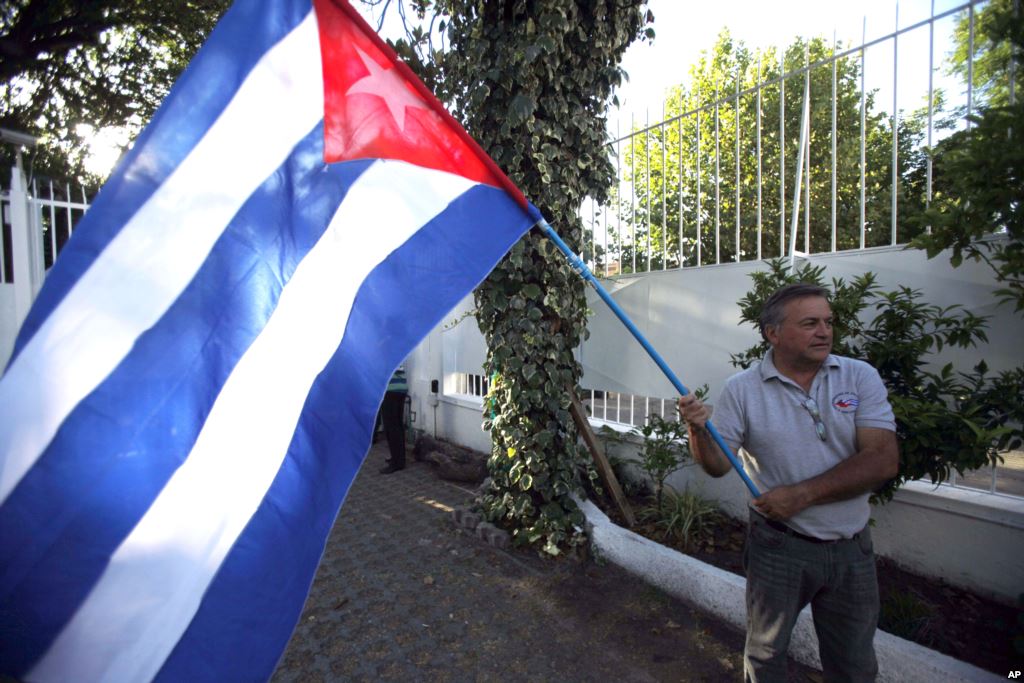The has been global praise for the restoration of diplomatic relations between the United States and Cuba, after its leaders this week agreed to end more than 50 years of hostility and trade embargoes. The move, a result of more than 18 months of discussions between the respect heads of state, includes the release of political prisoners on both sides, the opening of embassies in each other’s countries, as well as the easing of restrictions on trade.
Commenting on the historic move, Daily Maverick associate editor, J. Brooks Spector, described the restoration of ties between the two nations as ‘momentous’.
“I’m glad that I saw it happen, and I’m glad that it is going to go forward. It is one of the last remnants of the Cold War as far as the US goes diplomatically. The other is North Korea, which is a slightly tougher nut to deal with,” he said.
According to Spector, the whole situation dated back to the Cuban Revolution in 1959, when former Cuban president Fidel Castro, accompanied by a small group of revolutionaries, rolled into the capital city of Havana and chased then President Fulgencio Batista out of the country.
“It was shortly after that, that Castro said he had been a communist for some time. By then the relationship had already soured very dramatically,” he revealed.
What consolidated the freeze in relations though was the Russian regime’s stationing of ballistic missiles on the Island of Cuba, as a means of “outfoxing” the US during the Cold War. Likewise, the Cubans felt a threat of an imminent US invasion was reasonably high.
“The economic freeze on Cuba became very strong, and there were six different government laws passed in the US that set this embargo in place. That’s largely been held in process since then,” he explained.
In regards to the agreement itself, Brooks said it was clear from a Cuban perspective that they had nothing to lose in working out an accommodation with the US. On the American side, the political implications that were long feared were in fact not as severe on the ruling party, as had been previously thought.
The move itself is seen as a major lifting point for US president Barrack Obama, who has faced a great heap of criticism for a large part of his presidency, mostly due to inaction on promises made prior to his election, and subsequent reelection.
Brooks suggested that the single field where immediate positive implications of the agreement would be seen would likely be in the area of sports. With Cuba seen as a fanatical baseball country, many Cuban stars would now likely seek to play in the US, where salaries were far better.
“Now it is going to be much easier to sort out contractual relationships and opportunities, maybe exhibition games or even real games that count in the league standings. That is going to be a very interesting development going forward,” he suggested.
He also suspected the tourism sector of Cuba would see a massive boost in weeks or months to come, with many Americans potentially seeking to use the opening of relations as an opportunity to holiday in the country.
“I think it is all fascinating, and I’m glad to see it’s all happening,” he said. VOC (Mubeen Banderker)






 WhatsApp us
WhatsApp us 

